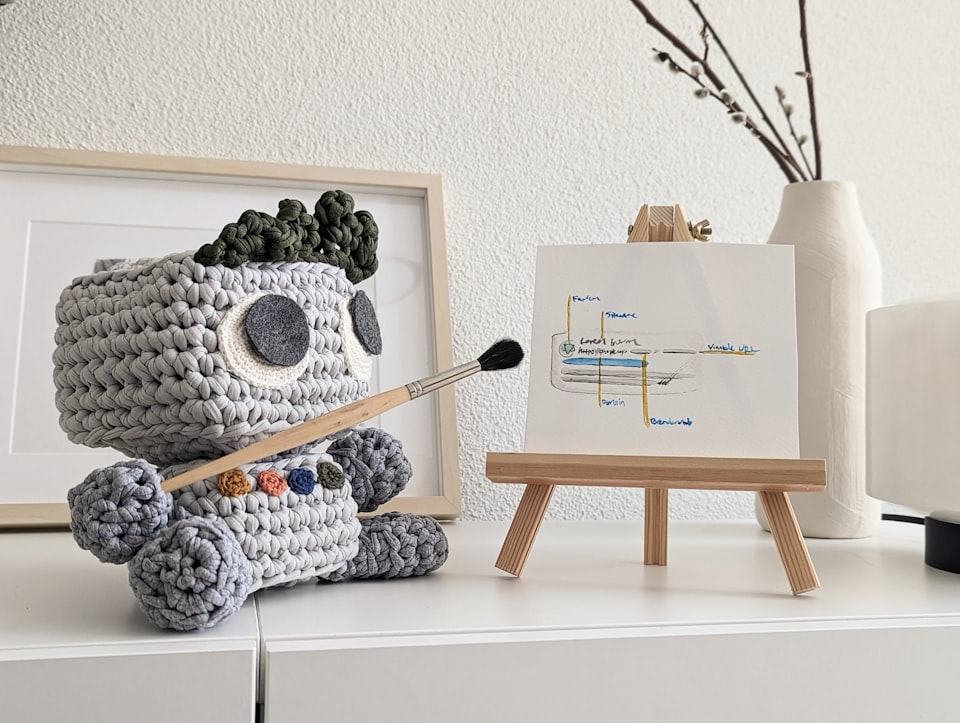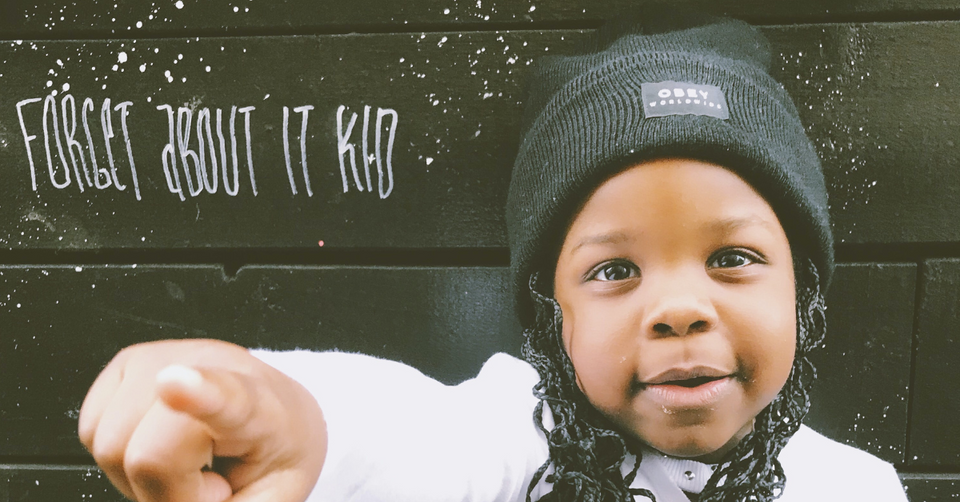I'll admit I have commitment issues. When people tell me they've been in a relationship that lasted over two years and things didn't work out, I think: Yeesh! It took that long for you to realize that wasn't what you wanted? Two years is a long time. I believe we all tend to know what we want for our life in the moment.
When it comes to relationships, I also believe in exponential humps to an extent: crises starts in month three, followed by month six, year one, and then year two. After that, it hits at intervals of five. Puppy love is fresh, smells nice, and is wonderful, but once the allure is gone, frustration sets in. Is this what I really want? I wonder what it would be like if I went somewhere else. But society conditions us to stick with it. It's why people have bad relationships with spouses, friends, family members, and espeiclaly work environments. Not me.
Is There More?
I've worked since 2006, and between my first job and up until I started working remotely, I never stayed at a job more than two years. The first three months of a new job are a fairy tale; everyone is nice, you're learning a lot of different things, you're developing new skills, and you're glad to be part of the team and making money. But after month three, comfort sets in. People show their true personalities, you're no longer "training" or a fresh face, you're part of the everyday system, and that puppy love stage is over. One day you realize: this stinks.
But that feeling is fleeting.
After those initial feelings of discomfort after month three, you rationalize that things are still new and will take some time to get used to. Month four and five go smoothly and in month six yoy're triggered. But for whatever your reason, you stay on course; no relationship can be really judged within six months.
Things go smoothly and then you hit a year and you start to feel you're better than the situation you're in. But then again, what can one year really tell you; and what can you accomplish in one year?
Newness
Between year one and two, there are ups and downs as comfort sets in on all sides. You're used to your role and constantly over-exceeding your responsibilities—maybe you've taken on a bit more responsibility to stay interested in the job—but there is no solid promotion yet—which you claim is what you want. If you're working smarter and doing everything you're supposed to, after year one, there isn't really much for you to learn in your role. Truth is, after year one, the right people see how competent you are and slowly give you next level responsibilities. In a great work environment, more responsibilities means a promotion and more money. Sure you’ll get your yearly review and a $1 increase, but in too many work environments it’s usually: more responsibility, same or non-life-changing money.
If you're competent at your job, mastered your role, know you want more in life, and constantly take on new challenges and are successful, once year two hits, leave.
A Job Is Temporary
If year two hits and you haven't been promoted yet, don't stick around waiting for something that may never come. You've worked hard for two years, so start looking for a better paying job that offers new challenge and new responsibility that will support your growth.
A job is not a career. A job is something you do while working towards your career. I've had plenty of retail jobs; my career is writing and I've been enjoying my career since 2012. Retail was never my end all but I knew chasing new experiences would redefine who I'd become once I found my career.
Over the course of eight years I worked four retail jobs—all jobs I left within two years. In retrospect, I wasn't aware of the two year deadline, but I see how much it's benefited me.
Associate to Manager
My first job hired me as a sales associate. Eight years later, I left my last job managing four multi-million dollar departments and over 40 people, combined with being a buyer, mentor, and innovator. If I had stayed at my first job, the best I would accomplish would be managing a single department of about 10 employees.
At every job, as time passed, I developed the exponential itch, with the final itch occurring after a year and a half. My first job was being a sales associate in a home goods store; my second was being a sales associate in a sports store. I had the same job title, but different engagements, role responsibilities, and knowledge was required to get the job done.
Although I was successful in each role, I would get antsy, feel unmotivated, and feel incompatible with the work space. I'm better than this. I didn't know what my "this" would become, but I knew I'd never find it living in a cycle.
When you work in a specific role for a lengthy time, at what point does your day-to-day become easy enough to do blindfolded. Clients, customers, and interactions may be different, but your responsibilities become the same. What has loyalty ever gotten you? How does lyalty help you grow?
Loyalty With Limits
Two years shows steady commitment on a resume. Two years was always enough time to learn everything and anything there is to know. Year one is sharpening your skills, and year two is becoming a master.
When year two starts to close out, ask yourself; What's next? What's bigger and better than this? What more can I learn here? If the answers are something more challenging, anything, and nothing, respectively, move on.
Ten years after self-healing and discovering who I wanted to be, my career is something I've been avoiding all of my life: marketing. I've always been terrible at marketing myself and great at marketing other brands. Marketing is retail, customer service, resourcefullness, and creativity; all skills and awarenesses I've learedn form 15 years of working.
Don't commit to anything that doesn't help your end goal or lead to self-discovery. Just like when dealing with any type of relationship; if you've put the effort in but don't see the person with you towards the end, it's time to move on. Treat your job the same.
Need support on career transitioning or startig your work from home life? Feel free to contact me for a free 30-minute life coach session to guide you into the next and best stage of your life.





